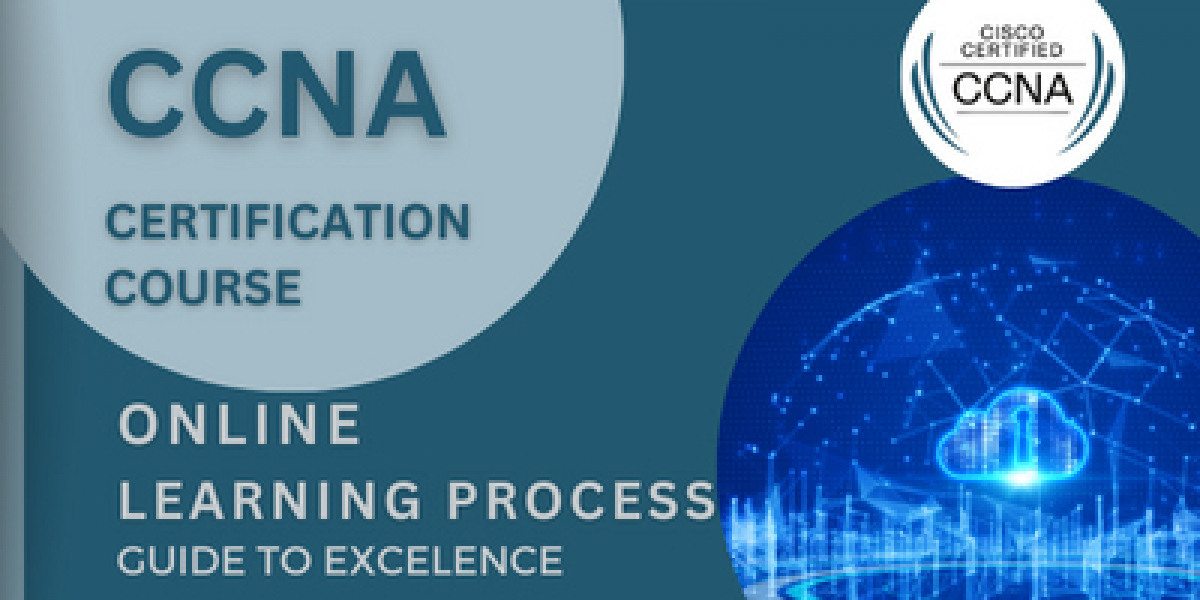The Cisco Certified Network Associate (CCNA) certification is one of the most sought-after credentials for IT professionals who want to build a solid foundation in networking. It serves as a gateway to more advanced Cisco certifications and other IT fields. While the CCNA is considered an entry-level certification, it does assume a certain degree of knowledge and preparedness. Many individuals often wonder: What are the prerequisites for taking the CCNA exam?
In this article, we’ll dive deep into the prerequisites for the CCNA exam, breaking them down into different categories: official prerequisites (according to Cisco), recommended skills and knowledge, educational background, and more. We’ll also discuss what kinds of experiences or prior certifications can help you succeed in your CCNA journey.
1. No Formal Prerequisites According to Cisco
The good news for anyone interested in taking the CCNA exam is that Cisco does not officially require any prerequisites to sit for the exam. That means you don't need to pass another exam, hold another certification, or have formal education before you attempt the CCNA certification.
However, while Cisco does not impose any prerequisites, this doesn’t mean the exam is easy. The CCNA certification in Washington DC covers a wide array of topics, including networking fundamentals, IP services, security fundamentals, automation, and programmability. Success requires a solid understanding of these subjects, even though you’re not required to prove this before taking the exam.
2. Basic Networking Knowledge
Even though no formal prerequisites are required, Cisco strongly recommends having a basic understanding of networking concepts before attempting the CCNA. At the very least, you should be familiar with:
- Networking fundamentals: Understanding concepts such as IP addresses, subnets, routers, switches, and protocols (e.g., TCP/IP, DNS, DHCP) is critical.
- OSI model: The OSI (Open Systems Interconnection) model is a conceptual framework that outlines how different networking components communicate with each other. You should know the seven layers of the OSI model and what each layer does.
- Basic knowledge of routers and switches: You don’t need to be an expert, but understanding how to configure and troubleshoot basic routing and switching is essential.
- Understanding of IP addressing and subnetting: The ability to calculate subnets and configure IP addressing is a crucial skill for the exam.
While this knowledge can be gained through self-study, hands-on experience, or formal education, ensuring that you’re comfortable with these topics will set you up for success in the CCNA.
3. Hands-On Experience: Highly Recommended
While there are no formal work experience requirements, hands-on experience with networking equipment is highly recommended. The CCNA exam often includes simulations where candidates must configure or troubleshoot network devices. This requires practical knowledge and experience with Cisco devices or network simulators.
If you don’t have access to Cisco hardware like routers or switches, there are several ways to gain experience:
- Cisco Packet Tracer: This is a network simulation tool that is perfect for beginners. It allows you to practice setting up and configuring networks virtually.
- GNS3: A more advanced tool compared to Packet Tracer, GNS3 is often used by professionals to simulate more complex network environments.
- Lab exercises: Many online resources and courses provide hands-on lab exercises that walk you through network configurations and troubleshooting scenarios.
Practical experience not only helps you pass the exam but also ensures that you can apply your knowledge in real-world situations.
4. Recommended Study Resources
For those without formal networking experience, it's crucial to invest in quality study materials. Cisco offers a wealth of resources to help candidates prepare for the CCNA, including:
- Cisco Learning Network: Cisco’s official site offers learning materials, practice tests, and study plans.
- Cisco Academy: A more formal educational pathway, Cisco Academy offers instructor-led training and self-paced courses designed to prepare students for the CCNA exam.
- Books: There are many CCNA study guides available, such as CCNA 200-301 Official Cert Guide by Wendell Odom. These books are structured to cover all exam topics.
- Online Courses: Websites like Udemy, Coursera, and Pluralsight offer comprehensive courses on CCNA that can help you understand complex topics through video instruction and hands-on labs.
It is recommended to follow a structured study plan to ensure that you cover all exam objectives. Many CCNA candidates prepare for several months before attempting the exam.
5. Familiarity with Exam Objectives
Even though there are no formal prerequisites, understanding the exam objectives is essential. The CCNA (200-301) exam, as of now, covers the following domains:
- Network Fundamentals: Routers, switches, cabling, IP addressing, and network topologies.
- Network Access: VLANs, trunks, spanning tree protocols (STP), and wireless fundamentals.
- IP Connectivity: How routers and networks communicate with one another, including routing protocols like OSPF and EIGRP.
- IP Services: NAT (Network Address Translation), Quality of Service (QoS), and network services like NTP and DNS.
- Security Fundamentals: Basics of network security, including ACLs (Access Control Lists) and wireless security.
- Automation and Programmability: Introduction to network automation using APIs, Python, and controller-based architectures.
You’ll need to have a good understanding of each of these areas to pass the exam. Cisco provides a detailed exam blueprint, and it’s important to review it thoroughly before starting your preparation.
6. Recommended Prior Certifications
While there are no strict prerequisites, having other certifications may be beneficial as stepping stones toward earning the CCNA. Some candidates opt to take more foundational certifications before attempting the CCNA, such as:
- CompTIA Network+: This certification focuses on networking fundamentals and is often seen as a precursor to CCNA. It covers similar topics but in less depth. Network+ can be a good option if you’re new to networking.
- Cisco Certified Technician (CCT): This is a lower-level certification offered by Cisco that focuses on diagnosing and repairing Cisco networking equipment. CCT is not required before taking the CCNA, but it can be helpful for those looking to get hands-on experience with Cisco hardware.
While not required, these certifications can build confidence and provide you with foundational knowledge that will ease your path to CCNA success.
7. Educational Background
Though Cisco does not mandate a formal education background, most successful CCNA candidates have some educational grounding in IT or computer science. If you’ve taken courses or earned a degree in computer networking, computer science, or a related field, it can be beneficial. College courses often cover networking concepts that align with the CCNA curriculum.
If you don’t have a formal education in networking, you can still succeed through self-study, but you may need to spend more time building your knowledge base before tackling the CCNA exam.
8. Soft Skills That Will Help You Succeed
In addition to the technical knowledge needed for the CCNA exam, certain soft skills will also contribute to your success:
- Problem-solving skills: Many of the questions on the CCNA exam are scenario-based, requiring you to think critically and troubleshoot networking issues. Strong problem-solving skills are key to navigating these challenges.
- Time management: The CCNA exam has a time limit, so managing your time effectively is important, especially when tackling simulation-based questions.
- Attention to detail: Networking requires a high level of precision, whether configuring devices or troubleshooting connectivity issues. This attention to detail will serve you well in both the exam and your professional career.
Conclusion
While Cisco doesn’t require formal prerequisites for the CCNA exam, a solid understanding of networking fundamentals, hands-on experience with networking devices, and familiarity with the exam objectives are critical to success. Leveraging study resources, gaining practical experience, and honing your problem-solving skills will help ensure that you’re well-prepared for the challenge.
Ultimately, the path to the CCNA certification is one of dedication and continuous learning. Whether you’re new to networking or building on prior experience, the effort you invest in preparing for the CCNA will not only help you pass the exam but also lay the foundation for a rewarding career in networking.









